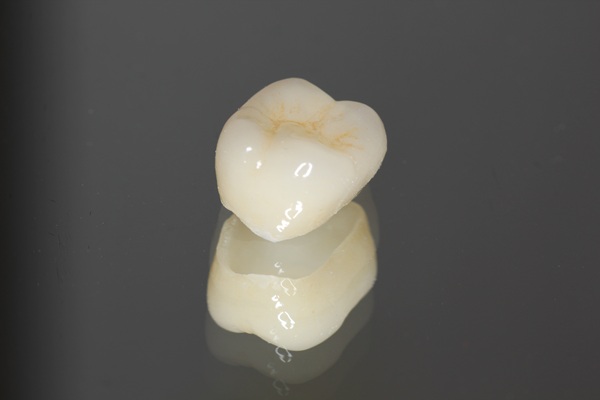6 Facts About Emergency Dentists

In the event that you experience a dental emergency, you should contact an emergency dentist. These dental professionals have more training than a regular dentist as well as additional credentials that allow them to quickly and effectively treat emergency dental situations, such as those arising from trauma to the jaw or tooth decay.
What to know about an emergency dentist
For those who have never visited one of these specialists, here are six important things that distinguish them.
1. May have specialized training
Not all dentists are created equal. There are several types of dental professionals, including family dentists, pediatric dentists, oral surgeons and periodontists, just to name a few. Some family dentists have the experience, training and certifications necessary to treat minor dental emergencies, such as repairing a broken crown or restoring a loose filling. However, for more urgent and complex emergencies, a general dentist may refer the patient to an oral surgeon, who can perform procedures such as surgical tooth extraction or gum surgery.
2. Can perform many types of procedures
Emergency dentists do not limit their services to oral surgery or tooth extraction. Many perform a wide variety of procedures, including but not limited to root canals, tooth repair, dental repair, cracked tooth repair and restoration of lost or loose fillings or crowns.
3. Focused on patient comfort
Much of what an emergency dentist does is ensure the comfort of the patient. Dental emergencies are often painful and can negatively impact other areas of a patient's life, such as the ability to eat, drink or even breathe. Emergency dental care focuses on toothache relief, swollen jaw relief, sore gum relief and other types of pain relief. The goal is to ensure the patient is comfortable both in office and after leaving.
4. Concerned with the patient's overall health
Many dental emergencies, such as tooth abscess or tooth infection, have the potential to negatively impact a person's whole-body health. For instance, if a tooth abscess is not drained, the infection may spread to the jaw and other areas of the neck and head. The potential for sepsis also increases, which is a life-threatening infection that spreads throughout the whole body. Emergency dentists strive to prevent complications by addressing life-threatening or life-altering oral health issues as quickly and effectively as possible.
5. Does not take appointments
Of course, if a person calls an emergency dentist with an issue, the dentist will give the person and time and place at which to meet. However, because of the nature of emergencies, emergency dentists take patients on either a first-come, first-served basis or as emergency triage dictates.
6. Often on-call
Again, because of the nature of emergencies, emergency dentists always need to be prepared to drop what they are doing and head to the office. These dentists usually have an emergency hotline, phone number or company that redirects phone calls to a personal line.
Conclusion
Emergency dentists are trained to handle a number of complex dental issues quickly and adequately. For this reason, a person should always have the name and phone number of an oral health professional who can respond accordingly in an emergency situation.
Request an appointment here: https://www.myddsny.com or call Inna Goykman-Amir DDS at (718) 416-6364 for an appointment in our Brooklyn office.
Check out what others are saying about our services on Yelp: Read our Yelp reviews.
Related Posts
A dental crown supports and protects a weakened tooth when a filling no longer provides enough coverage or strength. Many patients compare these two restorations and want to understand when each one is recommended. A careful evaluation helps determine the best option for long-term comfort, stability, and oral health. Factors such as decay size, tooth…
Patients have likely heard from a dental practice in the past that fluoride is critical to good oral health. However, some patients do not know about the advantages of fluoride and might have some questions. They might wonder how to incorporate it into a daily routine. Keep reading to learn more about why fluoride is…
You need to have a checkup at a dental practice every six months. This is when a hygienist cleans your teeth to remove any buildup of plaque and tartar. This is also the time when a dentist does an oral examination, looking for things like cavities, gum disease, and even oral cancer. However, during regular…
TMJ treatment can ease jaw pain, clicking, and stiffness. The jaw joints and the muscles around them work hard every day to support speaking, chewing, and yawning. When these joints become unbalanced, patients may notice soreness, popping sounds, headaches, or even a feeling that the jaw locks or shifts. A dentist evaluates these symptoms, looks…


